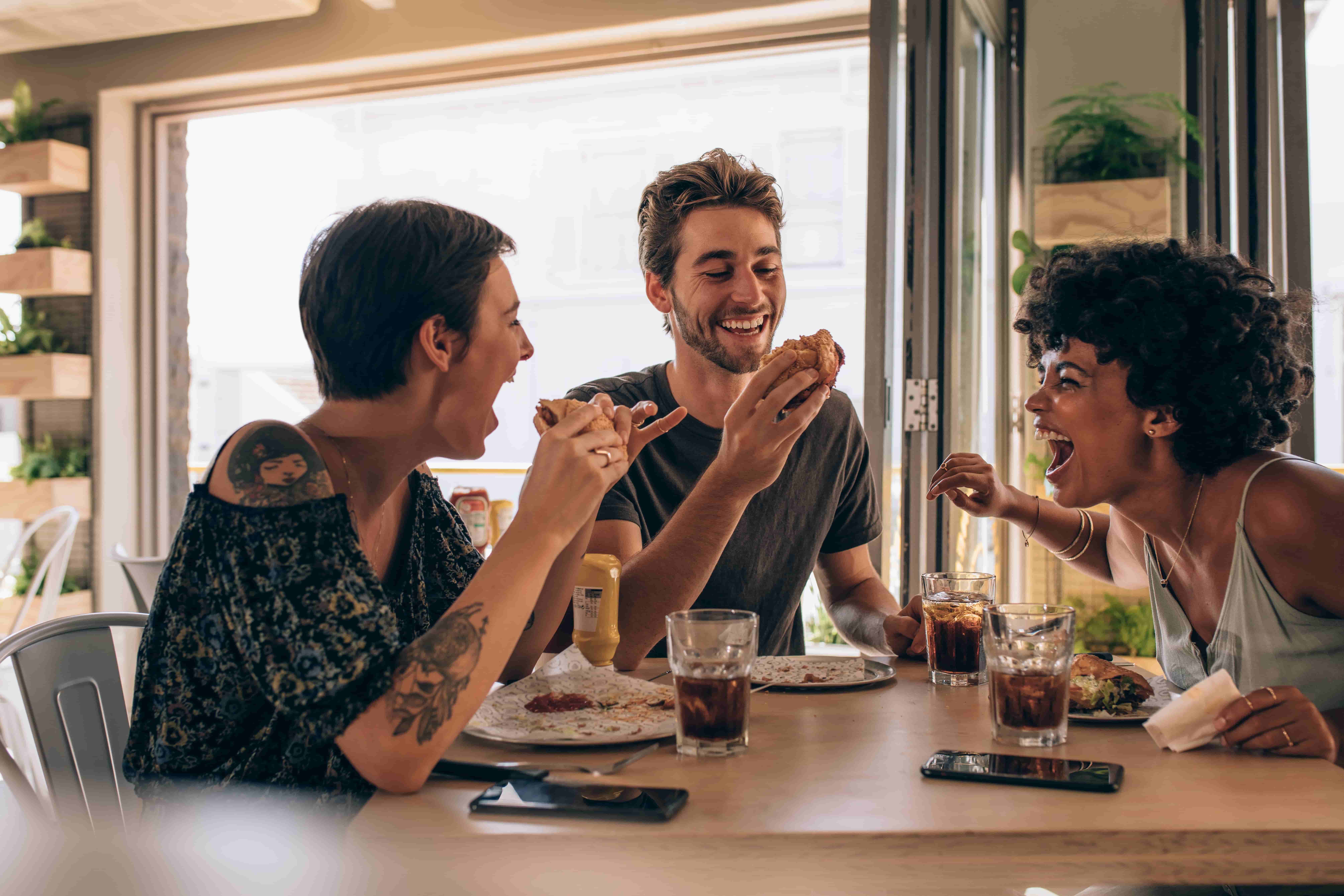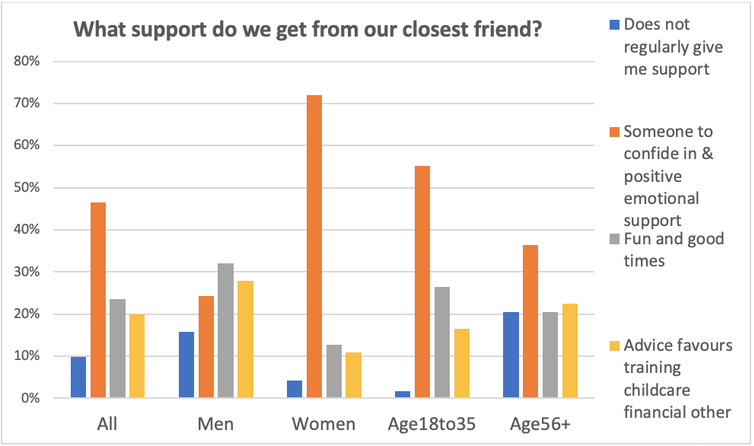As we resume our social lives after strict COVID restrictions have lifted, many of us are finding it’s time to take stock of our friendships

Some people pruned their networks, focusing on only the most important family and friends. Others lost friends through reduced recreational and community activities, falling out of the habit of socialising, and shifting to more digital interaction.
As we start to re-engage, the obvious question is – how do we get our old friends back?
We might also ask ourselves – which friends do we want back?
Which friends do we want?
There’s no one answer here – different people want different things from friends.
Data I have calculated from the 2015-16 Australian Social Attitudes Survey show the main form of support received from close friends in Australia is:
primarily, having a confidant who provides emotional support
followed by fun and good times
and then, favours and advice of various kinds.
These results vary by background and life stage.
Women are much more likely to have a confidant who provides emotional support as their closest friend. Men are more likely to have friends who provide fun, good times, favours and advice – or else no regular support at all.
Younger people are more likely to have a confidant, emotional support, fun and good times. Older people, aged over 56, are slightly more likely to receive favours and advice, and are much more likely to lack a close supportive friend.

These results are indicative of what different people get from close friendships, but may not represent what they want or need.
The close confidants women report as friends may well alleviate emotional loneliness, which is defined as the absence of close attachment to others who provide strong emotional support.
However, it may still leave them with social loneliness, or the feeling of lacking quality, companionable connections with friends.
Conversely, male camaraderie built around fun, activities and mutual favours may alleviate social but not emotional loneliness.
Emerging evidence suggests emotional loneliness has a stronger negative impact on well-being than social loneliness, so it’s important for everyone to have someone to talk to for emotional support.
We still need a variety of approaches and goals to suit different friendship needs nonetheless.
Beating social loneliness
The first way to reduce social loneliness is to reach out to those we already know, now that we can.
We can message old friends, organise get-togethers, or start new conversations and activities with everyday contacts including colleagues, fellow students, regulars at the local club or cafe, or neighbours.







